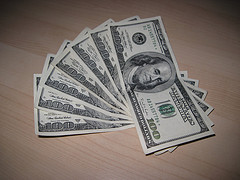Those doctored $2 bills the World Reserve Monetary Exchange advertises as collectibles via misleading newspaper and magazine ads aren’t going away. The ad ran again Monday in papers around the country. [More]
funny money
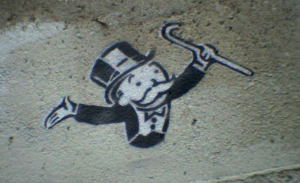
Don't Buy Your Crack With Monopoly Money
If there’s one thing every crack dealer hates, it’s being paid in Monopoly money. A 33-year-old man in Wichita, KS, was pulled over by officers last week and found bleeding from the head. He told police he’d just been tricked by his angry crack dealer into coming over to his house, whereupon the dealer pistol whipped his face. According to the police report, the victim told them that “a couple of weeks ago he bought several hundred dollars of crack-cocaine with Monopoly money and now the dealer was ready for pay back.” [More]
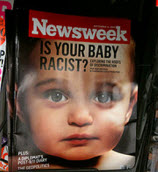
Newsweek Readers, Don't Fall For The Scam On Pages 60 and 61
Remember that ad for doctored “state” $2 bills that ran in newspapers across the country? Now the “World Reserve Monetary Exchange,” the company that takes regular $2 bills and places stickers on them to turn them into state versions of the bills, has taken out a two-page spread of this week’s Newsweek. [More]
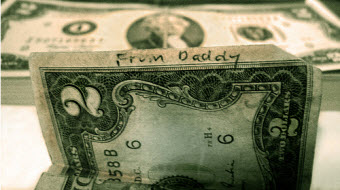
Company Selling Doctored 'State $2 Bills' For $17 Apiece
An enterprising company called World Reserve Monetary Exchange took out ads in two Arizona newspapers last month, and presumably others throughout the country, offering supposedly rare, collectable ‘state $2 bills’ — meant to capitalize on the recent craze of state quarters — for $17 each, I reported in my day job at the Arizona Daily Star. [More]
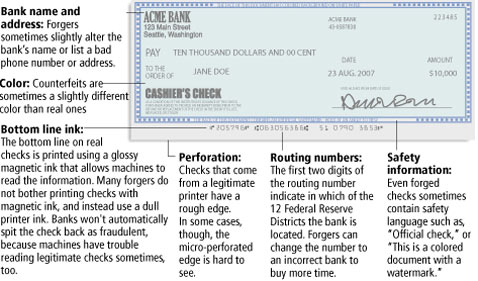
Check Fraud Up As High Quality Printer Prices Drop
With high-quality printers are widely available at the consumer level, check counterfeiting is on the rise, usually in conjunction with “advance fee scams,” where someone is tricked into cashing an overpayment of some sort and then sending the remainder to another address, reports the Seattle Post-Intelligencer. Then by some machination or another, the overpayment turns out to be fraudulent and the scammer vanishes. The image above shows various security features to look for when evaluating a check’s verisimilitude.
../../../..//2007/08/20/easy-credit-of-dubious-worth/
Easy credit of dubious worth isn’t some new and unparalleled scandal; in fact, our nation’s economy was built upon it. [New York Times Magazine]


